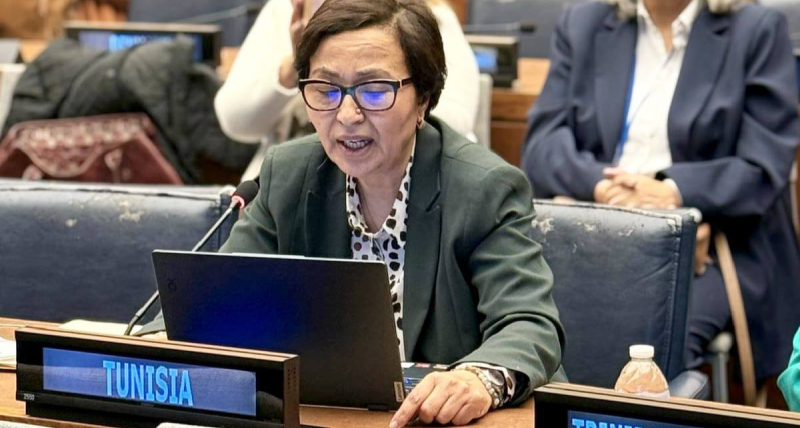
Press Review
The United States has granted certain international shipping companies a monopoly on specific maritime routes, provided that vessels transit through designated ports, including those in Morocco. This decision, reported by Les Inspirations Eco on January 29, has quickly raised questions among maritime professionals and operators regarding its implications for the Kingdom.
To better understand this situation, it is necessary to look back at the post-Covid period. At that time, in response to soaring shipping costs, the United States implemented the Shipping Act 2022. As explained by Professor Najib Cherfaoui, a maritime expert cited by Les Inspirations Eco, « this legislation strengthens the regulatory powers of the Federal Maritime Commission (FMC). The objective is to prevent shipping companies’ practices from harming U.S. foreign trade. The FMC now has the ability to request documents related to transactions conducted outside the United States. This measure directly impacts the global maritime transport system by establishing fairer and more equitable pricing. » In this context, the agreement between members of the Hapag-Lloyd/Maersk Alliance directly affects Morocco.
According to the daily, Morocco benefits in two ways from this agreement. First, there has been a significant reduction in maritime transport costs. For example, the price of a 40-foot container between China and Morocco has dropped from $25,000 in April 2021 to just $4,000 today. Secondly, the FMC can intervene in case of blockages in the shipment of Moroccan containers to the United States, and vice versa. This enhances the fluidity and security of exports, particularly for perishable goods such as citrus fruits and fresh produce, benefiting both Moroccan exporters and international importers. This dynamic also strengthens the country’s maritime infrastructure, particularly the Tanger Med platform.
Recently, Tanger Med set a new record in 2024, surpassing 10 million containers handled, solidifying its status as a strategic hub in the Mediterranean basin. However, this increasing demand raises concerns about the port’s capacity. According to Najib Cherfaoui, « 800 meters of additional quay space need to be developed by 2025, bringing capacity to 12 million TEUs. » However, natural saturation could be reached as early as 2027.
As a result, expansion plans are being considered. By 2028, the expert recommends a rapid expansion, particularly through the construction of a final segment as part of Tanger Med Phase 3. Two possible locations are under consideration: to the east, near Fnideq and Tetouan, and to the west, between Malabata and Fardioua, where natural conditions are favorable. However, the daily notes that this expansion may require revisiting the use of the Tanger Ville port.
In the longer term, it is crucial to plan for future generations’ needs. One proposal is to expand the role of TMSA (Tanger Med Special Agency) by transforming it into a shipping company, allowing for international port expansion. This move would also enable the renewal of port concessions set to expire in 2035.
Source: le360



